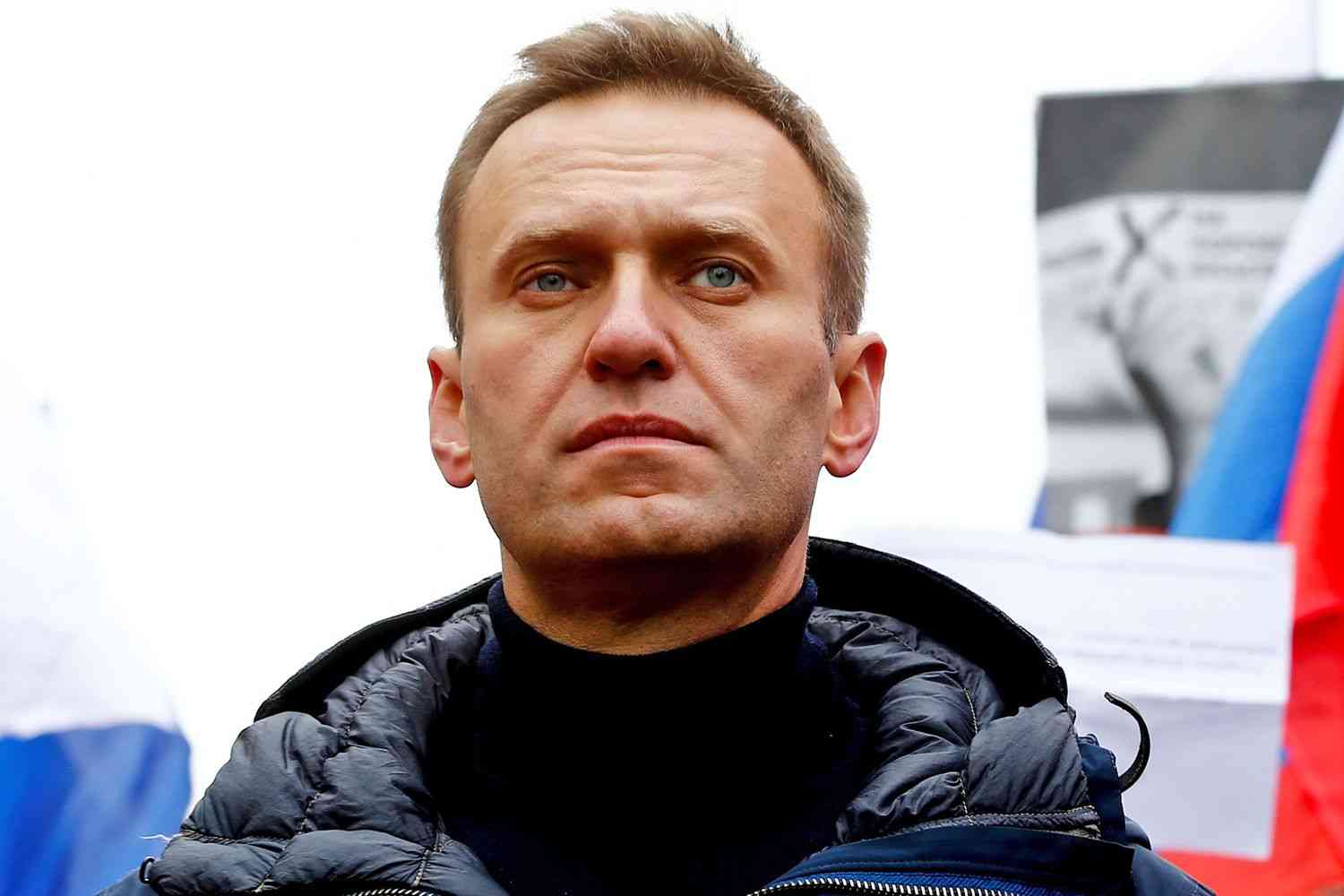
Vladimir Putin’s regime had been assassinating Chechen warlords, defectors from the Russian intelligence services and sundry wayward oligarchs for years, but its first political murder was the hit on high-profile journalist Anna Politkovskaya, who was gunned down in her Moscow apartment in 2006 — and so it has been ever since.
Attacks on Russian ex-intelligence agents on foreign soil, however, are conducted more discreetly, by poisonings, not by mob-style shootings, eg Alexander Litvinenko, killed in London by radioactive polonium-200 dropped in his tea, and Sergei Skripal, poisoned by the nerve agent novichok smeared on his doorknob (but survived) in Salisbury, England.
At home, by contrast, the murders are public and brazen. The leader of the opposition to Putin’s dictatorship, Boris Nemtsov, was killed in 2014 as he crossed the bridge from Red Square to the south bank. Four bullets in Nemtsov’s back and all the security cameras in the area turned off “for maintenance”: it was a clear message to all protesters.
Putin’s revenge on Yevgeny Prigozhin, who led an abortive mutiny against the army leadership last August, was not only public; it was explosive. Prigozhin’s business jet was bombed on its way to Saint Petersburg two months later, killing him and nine others.
Which bring us to the latest death, that of Alexei Navalny last Friday. Putin’s henchmen had already tried to kill Navalny once in 2020, breaking into his hotel room and smearing his underwear with novichok while he was on a speaking tour in Siberia. He nearly died on the plane back to Moscow, but the pilot made an emergency landing and he survived.
He was evacuated to Germany and made at least a partial recovery, but as de facto leader of the democratic opposition in Russia, he felt obliged to go back. As he once told The Guardian, “If I want people to trust me, then I have to share the risks with them and stay here.”
It was a mistake, although a brave one. As soon as he got off the plane back in Moscow in 2021, he was arrested and the regime set about dismantling the modest political network that he had managed to create. His colleagues and helpers either got out of the country in time or they went to jail.
Navalny himself disappeared into the gulag, surfacing in various prisons from time to time, while the state conducted a series of sham trials (with him present on video) that yielded ever longer prison sentences. By the time he died, they were up to 19 years, but that was irrelevant. As he said himself, he would be in jail until he died or the regime ended.
- The Soccer Whiz: It’s coming home, it’s coming home
- SuperSport sack Tembo
- School of sport: It’s my job
- School of sport: Plan and play
Keep Reading
Well, it was the former and there is no reason to doubt that he was killed on Putin’s orders. Nothing as important as that happens in Russia without Putin’s say-so.
It doesn’t matter whether Navalny died from poisoning, from the after-effects of a beating, or from malnutrition and exposure. If Putin had not wanted him dead, he would still be alive. QED (which was to be shown or proved).
The Russian internet is already filling with speculations about why Putin killed him now, when he was already neutralised. Navalny posed no serious threat to the Russian strongman any more (if he ever did), and one would have thought that Putin didn’t need any more negative publicity. But that ignores the role of Putin’s injured vanity.
Strongmen hate to be mocked and Navalny’s specialty was slick, sarcastic videos portraying the Great Leader and his cronies as massively corrupt and incompetent nobodies who had stumbled on great power almost accidentally, but were determined to keep it.
Putin was so obsessed with Navalny that he could never bring himself to mention the man’s name in public, but he was no longer a threat. The repression in Russia in the past few years has been so harsh that almost everybody is keeping their heads down now. The revolution has been postponed indefinitely, and Navalny died in vain.
This begs Lenin’s famous question: “If not now, when? If not us, who?”, but nobody wants to answer it right now. There is a war on: most people close ranks, and those who know better keep their mouths shut. This doesn’t mean that Putin will be in power forever, or that Russia can never be a modern democratic society. Of course, it can.
It might have made it the first time, in the 1990s, if Boris Yeltsin had not been a venal drunk and the United States had not ensured his “re-election” to the presidency in 1996.
There will be another chance for Russia sooner or later, and another after that if they mess it up again. And one day, there will be statues of Alexei Navalny in Moscow.
Dyer is a London-based independent journalist. His new book is titled The Shortest History of War.






